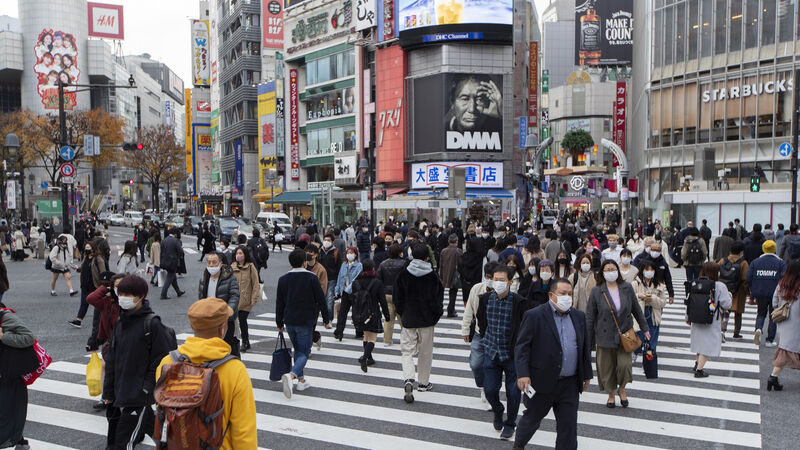John Whelan: Time to get ready for wider trading horizons

Ireland needs to elevate its trading relationship with Japan, already a key gateway to Asia for Irish exporters.
Looking ahead is difficult at the best of times, but particularly so just now.
However, Mitsuru Kitano, the Japanese ambassador to Ireland, shared his thoughts with me in a recent letter on free trade, next year’s Tokyo Olympics, and why realising a digital society offer the most promising road ahead for Ireland and Japan in a post-Covid, post-Brexit world.










